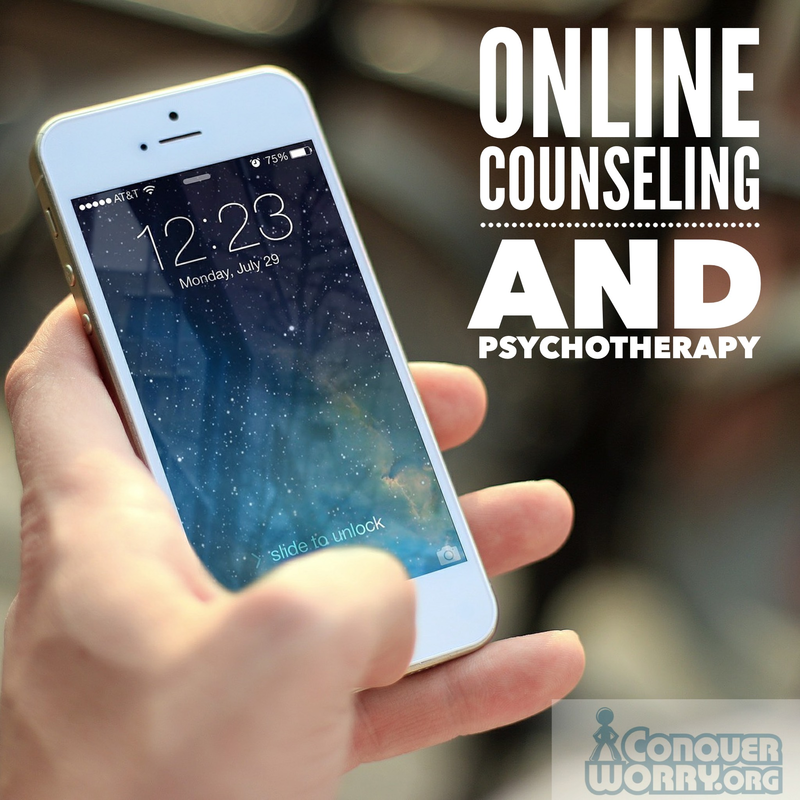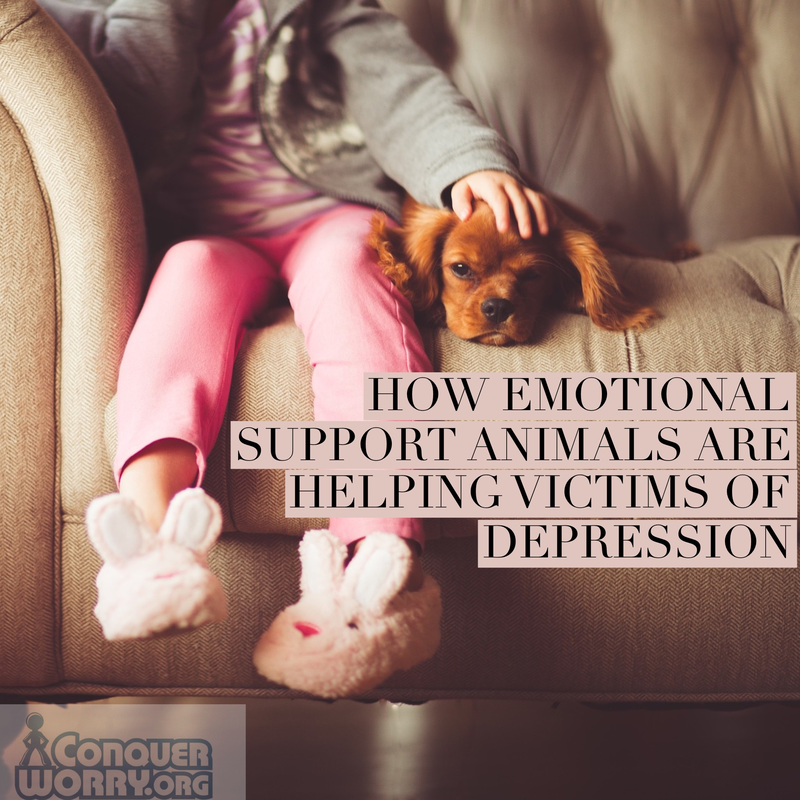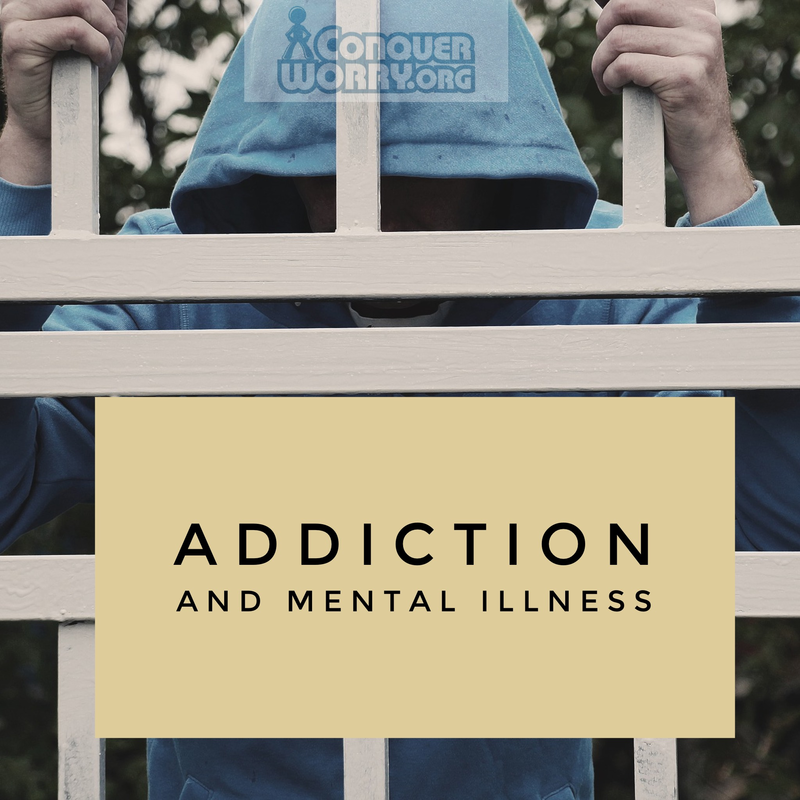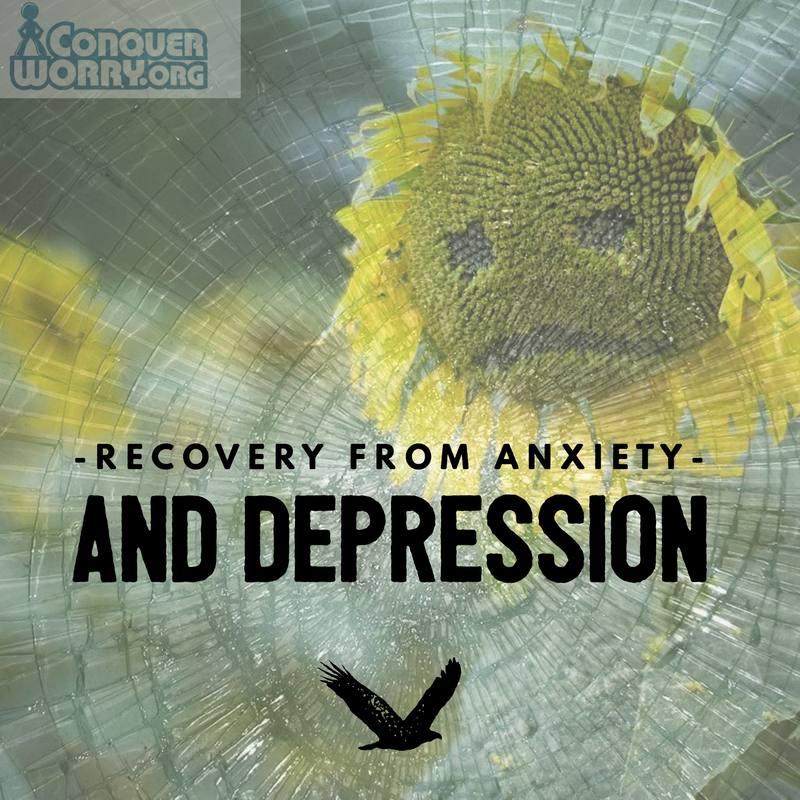|
Today we'd like to introduce you to our new podcast host, Matthew Lowe.
0 Comments
Article by Irving Schattner Edit and post design by Christy Zigweid Photo by JESHOOTS via Pixabay made using @WordSwagApp Online therapy has been receiving a lot of attention lately. It refers to therapy conducted remotely via the internet or over the phone. There are a number of applications that allow for sessions to take place via computer, iPad, or smartphone. Online therapy has some advantages over traditional in-office therapy: It doesn’t require the time and expense of traveling and it allows clients greater flexibility to engage with a therapist in the comfort of one’s home. For those whom transportation is difficult (they don’t drive and either have to depend on or pay someone to drive them to and from therapy sessions), online therapy can be a practical alternative, offering them access to services normally not available or accessible. Image by PublicDomainPictures via Pixabay Benefits of Video TherapyPersons with a fear of driving or lack of access to alternative forms of transportation, can engage with a therapist in the privacy and safety of one’s home. This may be especially helpful for those suffering with agoraphobia and/or social phobia or generalized anxiety, as well as others with incapacitating physical or health problems that pose extreme hardship in getting to the therapist’s office. Persons suffering with severe depression may also be reluctant, fearful, or unwilling to venture outside of their home and can benefit from face-to-face guidance and support with a trained psychotherapist via the internet. Photo by Wokandapix via Pixabay Clients with busy schedules may find online therapy particularly appealing, which increases their access to mental health services. For those living in remote (rural) areas where mental health services are not readily available or accessible, online therapy offers access to needed mental health services. The advantages of online therapy and counseling include: it's a good option for remote areas, it offers accessibility for those with physical limitations, it's convenient and affordable, and lastly online therapy makes information more accessible to reach a wider audience. About the Author - Irving Schattner, LCSW
Article by Brad Smith Edit and post design by Christy Zigweid Photo by thatsphotography via Pixabay made using @WordSwagApp Emotional support animals offer therapeutic and healing benefits to their owners/handlers by reducing symptoms of emotional or mental illness. An ESA can typically be a dog or cat, but there are many kinds of animals that may also qualify to be emotional support animals. Under American regulations, an ESA is not categorized as a service animal. So, if you pass off your ESA as a service animal, it is a federal offense. The American Pet Products Association reveals that more than 78 million American households own a pet. Emotional support animals play a crucial role in working with patients who are victims of depression, irrespective of their age, professional and cultural background. Over the last couple of decades, mental health professionals have been highlighting the importance and healing benefits of companionship. Research has shown that a solid relationship exists between improved outcomes within mood disorders, schizophrenia, bipolar disorder, schizoaffective disorder, and emotional support animals. The researchers at the New York State Psychiatric Institute discovered that keeping pets offers an opportunity to connect with nature in a unique way. Adults (sometimes children) who are combating the negative symptoms of depression and mental illnesses were found to improve their mental health with pets (often therapy animals), These animals helped boost self-confidence and mental health. How Does It Help?Being alone can be scary for people who are depressed or stressed out. Having a pet around helps them deal with loneliness issues easier as they have someone to take care of. All pets can be emotional support animals, provided they are safe for the patient and the people around him. Emotional support animals help to clear the minds of depression victims who may find it difficult to focus on a specific task. People who are struggling hard to emerge out of difficult situations believe that life is too hard and have issues trusting people. Nurturing and feeding a pet as well as touching your emotional support animals has soothing effects on a troubled mind. People learn to value themselves as there is someone who looks forward to them for support and love. Photo by JensEnemark via Pixabay Are You Allowed To Keep An ESA At Home?People who suffer from any kind of anxiety or depression are allowed to keep an emotional support animal (ESA) with them 24/7 even if their landlord has a ‘no pets’ policy. Medical experts have categorized emotional support animals as a companion animal that offers several healing benefits and eases several disability symptoms of your. Many people are still unaware of the fact that depression and anxiety are counted as disabilities. Under the Federal Fair Housing Amendments Act of 1988 and Rehabilitation Act of 1873, a landlord cannot discriminate against a disabled person in housing and has to make a reasonable accommodation, if required. Simply put, people who have a medical certificate or letter from their doctor that confirms the need for having an emotional support animal, your landlord must allow you to have a pet. If you're living in an apartment building which allows pets, you may still need to show your ESA information to the landlord so he does not charge you extra. Final ThoughtsAlthough cats and dogs have always been popular choices for emotional support animals, we have witnessed several unique animals qualifying for the role. It is not uncommon to see rabbits, pigs, goldfish, and even snakes to help people overcome their depression. If you want to keep a cat, make sure it is neutered and declawed. If it is a dog, choose a breed that is known for providing maximum love and affection. It might also be a good idea to register your ESA on an emotional support animal registry website or registry. About the AuthorBrad Smith is an avid animal lover who loves developing thought providing content for online readers. He currently writes for Therapy Pet - interact with them on their Facebook page.
Article by Matt Gonzales Edit and post design by Christy Zigweid Photo by lechenie-narkomanii via Pixabay made using @WordSwagApp Drug or alcohol addiction impacts lives. It can fracture a person’s relationships, affect his or her academic or job performance, and put the individual’s health at risk. Substance abuse can weaken a person’s immune system or cause seizures, stroke, or brain damage. Addiction can also lead to the development of mental illness, such as anxiety or depression. Mental diseases affect the way an individual thinks and his or her behavioral patterns. Some mental disorders, such as panic disorder, are rooted in anxiety. Other mental disorders, such as post-traumatic stress disorder, involve unwanted, intrusive thoughts. Nearly 44 million U.S. adults experience mental illness in a given year, according to the National Alliance on Mental Illness (NAMI). About 13.6 million adults in the United States live with a serious mental illness. According to NAMI: 18.1 percent of U.S. adults live with an anxiety disorder About 20 percent of Americans with an anxiety or mood disorder have a substance use disorder, according to the Anxiety and Depression Association of America. Conversely, about 20 percent of those with addiction have an anxiety or mood disorder. Mental disorders can lead to drug or alcohol addiction, as well. Men are more likely than women to develop a co-occurring disorder. People of lower socioeconomic status, military veterans, and individuals with general medical illnesses are also at risk for developing a co-occurring disorder. People with mental illness often use drugs or alcohol to self-medicate. However, substance abuse can worsen symptoms of mental illness and trigger new symptoms. Self-medication can also lead to addiction. A 2010 study published in the journal Current Drug Safety outlined the consequences of self-medication. Individuals who self-medicate may self-diagnose incorrectly, fail to seek medical help, or take a dangerous amount of the substance. People self-medicate using drugs or alcohol to numb physical or emotional pain. For example, someone with anxiety may discover that a few drinks and some marijuana take the edge off in social situations. But the more an individual uses these substances to manage stress, the less able he or she is to cope in healthy ways. Substance abuse is common among people with social anxiety disorder, a mental illness characterized by an extreme fear of being scrutinized or judged in social or performance situations. Drinking in social situations may reduce anxiety, but it can also result in alcohol abuse. PTSD and substance abuse also frequently occur together. People with PTSD often use drugs or alcohol to alleviate emotional pain. However, these substances have shown to worsen PTSD symptoms. Many mental health professionals treat PTSD and substance abuse together because symptoms of this mental illness can lead to relapse. Those with co-occurring disorders should seek treatment immediately. Rehab centers across the United States offer a continuum of care catered to each individual’s needs. People who have completed treatment and are in recovery go on to live healthy lives while maintaining successful careers. SourcesAnxiety and Depression Association of America. (2016, June). Social Anxiety Disorder. Retrieved from https://www.adaa.org/understanding-anxiety/social-anxiety-disorder Anxiety and Depression Association of America. (n.d.). Substance Use Disorders. Retrieved from https://www.adaa.org/understanding-anxiety/related-illnesses/substance-abuse Dayton, T. (2013, July 9). Why We ‘Self-Medicate’ Our Own Depression or Anxiety. Retrieved from http://www.huffingtonpost.com/dr-tian-dayton/self-medication_b_3236724.html National Alliance on Mental Illness. (n.d.). Dual Diagnosis. Retrieved from http://www.nami.org/Learn-More/Mental-Health-Conditions/Related-Conditions/Dual-Diagnosis National Alliance on Mental Illness. (n.d.). Drugs, Alcohol and Smoking. Retrieved from http://www.nami.org/Find-Support/Living-with-a-Mental-Health-Condition/Taking-Care-of-Your-Body/Drugs,-Alcohol-Smoking National Alliance on Mental Illness. (n.d.). Mental Health Facts In America. Retrieved from https://www.nami.org/getattachment/Learn-More/Mental-Health-By-the-Numbers/General-MH-Facts-4-12-15.pdf National Council on Alcoholism and Drug Dependence Inc. (2015, July 25). Alcoholism, Drug Dependence and Co-Occurring Disorders. Retrieved from https://www.ncadd.org/about-addiction/signs-and-symptoms/co-occurring-disorders Ruiz, M.E. (2010, October). Risks of self-medication practices. Retrieved from https://www.ncbi.nlm.nih.gov/pubmed/20615179 Substance Abuse and Mental Health Services Administration. (2016, March 8). Mental and Substance Use Disorders. Retrieved from http://www.samhsa.gov/disorders About the AuthorMatt Gonzales is a writer and researcher for DrugRehab.com. He boasts several years of experience writing for a daily publication, multiple weekly journals, a quarterly magazine and various online platforms. He has a bachelor’s degree in communication, with a Journalism concentration, from East Carolina University. Follow him on Twitter.
Article by Irving Schattner Edit and post design by Christy Zigweid Photo by PixArc via Pixabay made using @WordSwagApp Too often, people take mistakes as a sign of personal failure. This core belief often comes from messages acquired from family of origin during one's formative years, as well as traumatic or distressing experiences. One then carries these messages through later life, impacting our thoughts, beliefs and behaviors. Coming to define our self-concept and worldview, messages acquired in earlier years may no longer be relevant or adaptive towards healthy functioning in the roles we carry as adults. So, in our adulthood, continuing to hold on to outdated messages leaves us developmentally stunted and, therefore, incapable of handling the stressors and challenges of daily living. Healing comes through the awareness that messages acquired in earlier years (our “inner child”) don't serve us in later life, and acquiring the skills to actively challenge negative thought patterns and self-sabotaging behaviors. For many of you this is a most daunting task for which you feel ill-equipped, leading you to give up before trying. Others will make minimal progress in applying knowledge acquired through the internet, self-help materials, or even through well-meaning but untrained mental health professionals, only to slip back into old patterns which reinforce anxiety, worry, frustration, depression, and low self-esteem. Photo by TambiraPhotography via Pixabay There is Help...Like many of you, I used to suffer with severe anxiety. My anxiety originated with the messages I acquired early in life, carrying me into adulthood. Like many of you, these negative messages zapped my energy, deprived me of the courage to take advantage of opportunities that came my way, and kept me in a continual cycle of worry and despair from which I could not see my way out. That was until I finally mustered the courage to seek professional help. In doing so, I literally changed my life for the better. I had a mentor who lead by example, one who understood what it was like to live with anxiety, yet mustered the courage and resolve to change. One who made me aware of how my negative messages came to be. One who showed me how to actively challenge (dispute) these messages and replace them with more realistic, truthful and supportive statements. One who made me aware how negative thought patterns led to self-sabotaging behaviors (including avoidance). To my mentor, I am eternally grateful, for I now live with joy, purpose and direction. Through my own journey, I learned not to fear anxiety but actively face it, talk back to it, challenge it, and channel it. My mission, as a psychotherapist who specializes in treating anxiety and depression, is to help other anxiety and depression sufferers achieve the freedom which I’ve come to know. About the Author - Irving Schattner, LCSW
|
Build Your Action Based Stress Reduction System
Popular PodcastsOlympian Suzy Favor Hamilton - From Fame to Prostitution to Advocacy
Hall of Fame Basketball Star Chamique Holdsclaw on Mental Resilience Diana Nightingale on her husband Earl Nightingale's Principles for Mental Health Success JoAnn Buttaro on Date Rape & PTSD Survival Story: Its Never Too Late Gabe Howard on BiPolar Advocacy Phil Fulmer on Teen Suicide Prison, Bipolar and Mania with Andy Behrman Columbia Univeristy's Dr. Rynn on OCD Archives
March 2018
Categories
All
|














 RSS Feed
RSS Feed





